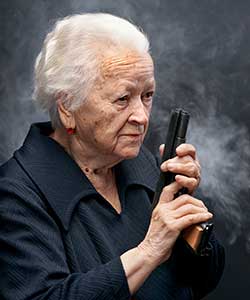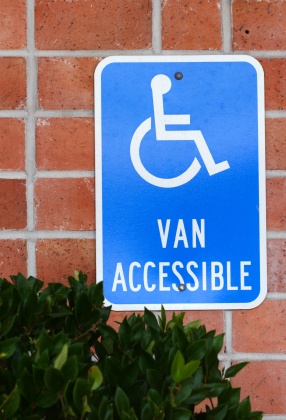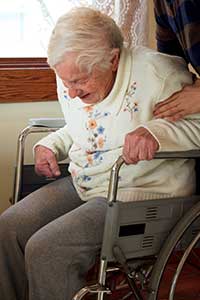Search
Where Will Criminals Go When They Need Skilled Nursing Care?
 Like it or not, many of us will rely on skilled nursing facilities– commonly known as nursing homes– to provide us with the medical care that we may not be able to provide for ourselves at some point in our lives. Similarly, there is a sizable group of convicted felons who will require similar care for their needs. So where will they go?
Like it or not, many of us will rely on skilled nursing facilities– commonly known as nursing homes– to provide us with the medical care that we may not be able to provide for ourselves at some point in our lives. Similarly, there is a sizable group of convicted felons who will require similar care for their needs. So where will they go?
In most jurisdictions, the answer is quite vague and generally simply ill-addressed as most states have not squarely addressed the issue. The result of this delay and denial is that many convicted felons— even those with particularly repulsive backgrounds— may be living side-by-side with your family member.
Just recently, I read about how officials in Kansas discovered seven registered sex offenders living at one nursing home alone!
 Nursing Home Law News
Nursing Home Law News









